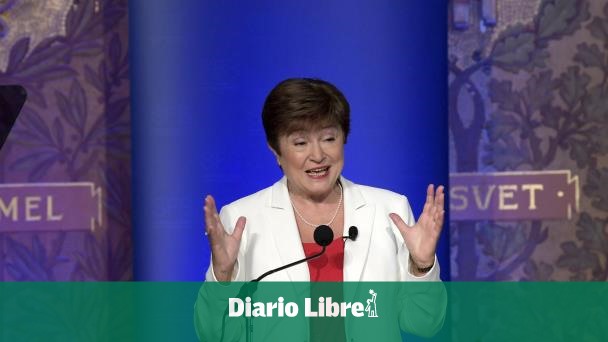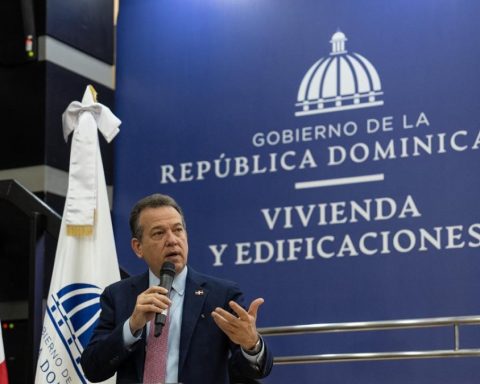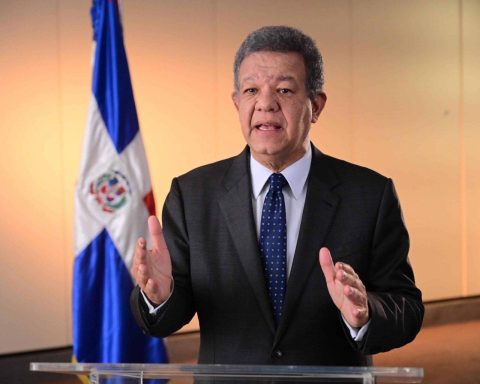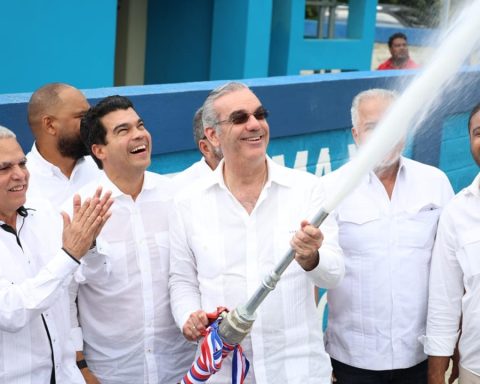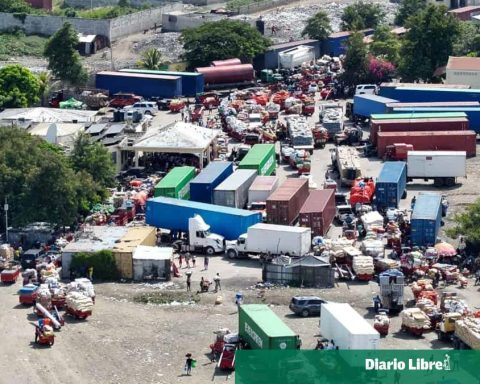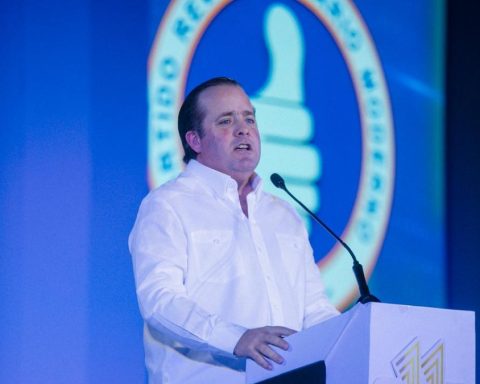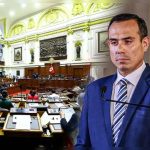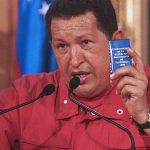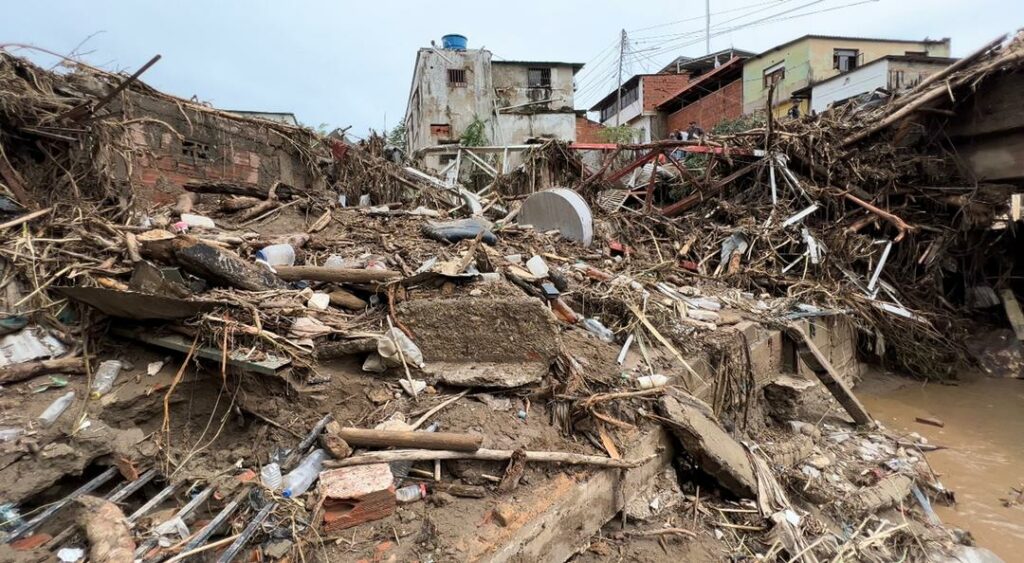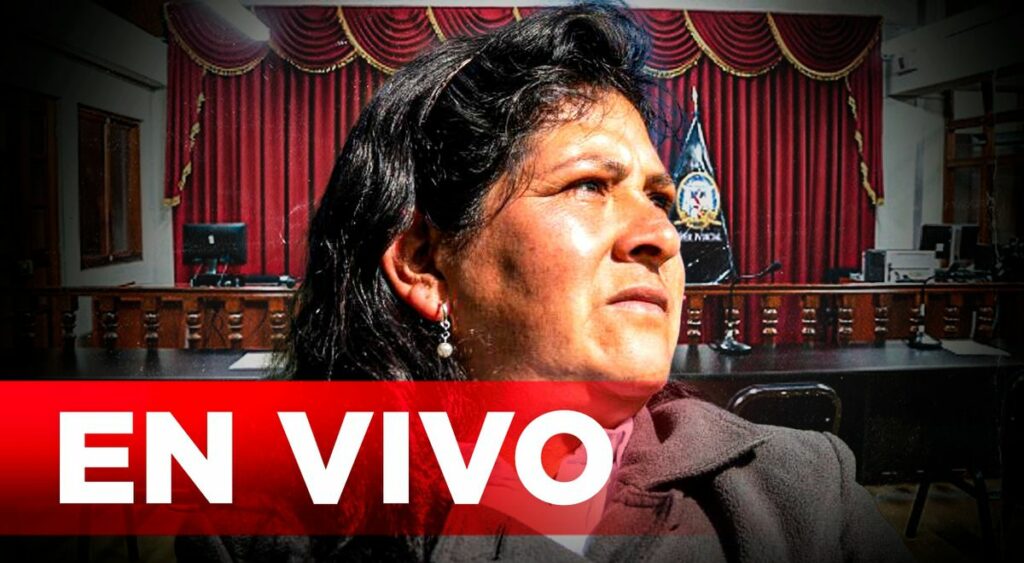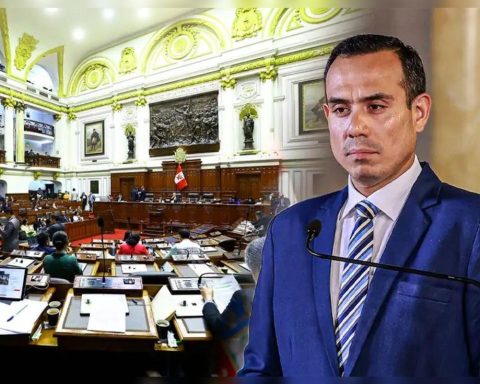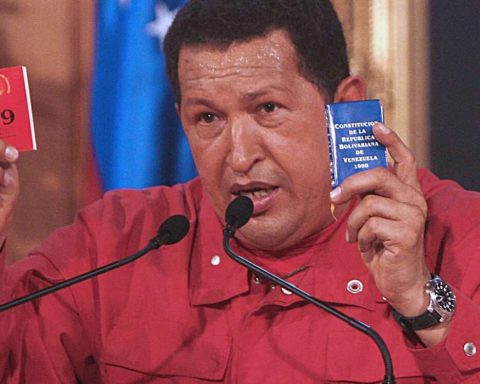The director of the International Monetary Fund (IMF), Kristalina Georgievwarned this Monday that the risk of having a world recession has risen and that the world has now entered a time of “fragility and volatility”.
“We have calculated that about a third of the world economy would have at least two consecutive quarters of negative growth this year or next year, and that the total amount that would be lost from the global economic slowdown will be, between now and 2026, of 4 billion dollars,” said the director.
Georgieva made these statements in a talk in which she was accompanied by the president of the World Bank (WB), David Malpass, and which marked the beginning of the 2022 Annual Meetings of the IMF and the World Bank in Washington, where top economic leaders will discuss the world economic outlook.
These are the first face-to-face meetings in three years, Georgieva recalled, a time in which “unthinkable events that are having important consequences” have been experienced: the pandemic, Russia’s invasion of Ukraine and climatic disasters on all continents.
“All this has put people in a very difficult place. They are exhausted and have to face a cost of living crisis,” said the director, a situation that “is especially difficult for developing countries.”
In this sense, Malpass explained that the debt levels of developing countries “are becoming increasingly onerous” and that the increase in interest rates adds weight to the seriousness of the situation, as well as the high interest rates inflation.
With 70 million more poor people, the latest World Bank analysis shows, and a 4% reduction in median income, “our goal of shared prosperity is not happening” and “reversals in development are occurring,” Malpass added.
During these days, Georgieva explained, the main world leaders will discuss what can be done to face the complex panorama and stressed that one of the most important things is that monetary and fiscal policies go hand in hand.
“Dealing with monetary policies and fiscal policies together this year is absolutely essential”, pointed out the director of the IMFwho warned that “it will not be a good trip” if the monetary policies are to “step on the brake” and the fiscal ones to “step on the accelerator”.
Georgieva also insisted on the need to invest in actions to stop the current climate crisis since although “it is bad to have inflation” and recessions, “we will survive as humanity”, but “what we cannot survive is the incessant climate crisis, for mobilizing today for a more resilient tomorrow is exactly what we must do.”
Thus, the IMF and the World Bank must “join forces is to get more capital into climate action,” especially “in emerging markets of developing economies,” Georgieva added.
As part of these meetings, it is expected that this Tuesday the IMF present its latest global growth forecasts and, according to the director of the agency in a public event held last week, it is expected that the projections for 2023 will be lowered in the face of global uncertainty.
Georgieva assured then that the risk of recession is increasing and that even when growth is positive, the feeling will be of recession due to the fall in real incomes and the increase in prices. The last projection published by the Fund in the spring of this year was that in 2023 the world economy would grow by 2.9%.
